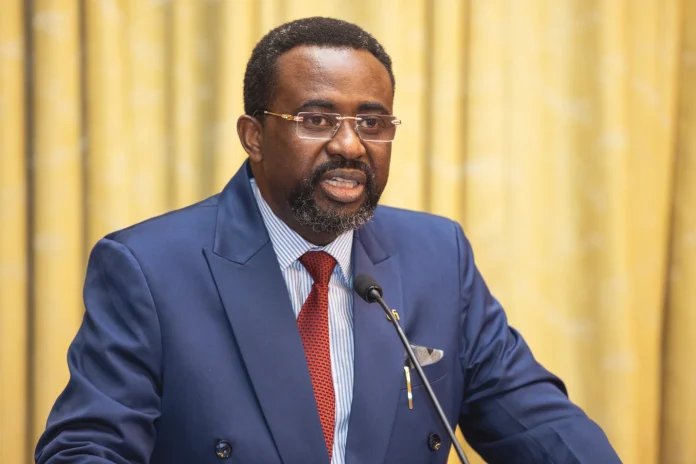Ghana’s international reserves have climbed to $10.7 billion as of August 2025, providing critical financial stability amid global economic uncertainties, Bank of Ghana Governor Dr. Johnson Asiama announced during the 126th Monetary Policy Committee meeting.
The reserves now cover approximately 4½ months of imports, representing a substantial improvement from previous years when Ghana’s external buffers faced significant pressure during the country’s economic challenges.
The reserve buildup reflects Ghana’s strengthened external position, driven primarily by robust commodity exports. Gold and cocoa receipts have generated strong foreign exchange inflows, contributing to what Dr. Asiama described as a trade surplus of $6.2 billion during the first eight months of 2025.
This marks a dramatic turnaround for Ghana, which experienced severe foreign exchange shortages in recent years. The improved reserves position provides the West African nation with enhanced capacity to weather external shocks and maintain import financing for essential goods.
Dr. Asiama linked the reserve growth to broader economic stabilization efforts, including disciplined fiscal management and banking sector reforms. The government’s commitment basis deficit was contained at 0.7 percent of GDP in the first half of 2025, well below targets, while external debt restructuring has reduced financial pressures.
The banking sector has simultaneously shown resilience, with the capital adequacy ratio climbing to 19.5 percent in July. While non-performing loans remain elevated at 21.7 percent, they drop to 8.4 percent when fully provisioned losses are excluded, indicating ongoing sector strengthening through recapitalization efforts.
Gold reserves specifically have surged nearly 39 percent over the past year, climbing from 25.97 tonnes in August 2024 to 36.02 tonnes by August 2025, according to central bank data. This aggressive accumulation strategy has bolstered Ghana’s overall reserve position while diversifying foreign currency holdings.
The reserve improvement comes as Ghana continues implementing reforms under its debt restructuring program. The combination of fiscal consolidation, improved export performance, and banking sector stability has helped restore investor confidence in the country’s economic prospects.
For Ghana’s 33 million citizens, the stronger reserves translate to greater economic stability and reduced vulnerability to external shocks. The improved import coverage provides assurance that essential goods and services can be maintained even during periods of global market volatility.
Dr. Asiama emphasized the Bank of Ghana’s continued commitment to maintaining price stability and supporting sustainable growth. The central bank remains prepared to adjust monetary policy as needed to sustain Ghana’s economic recovery while preserving the hard-won gains in reserve accumulation.
The reserve milestone represents a significant achievement for Ghana’s economic management, providing a foundation for continued stability as the country navigates ongoing global uncertainties and works toward long-term sustainable development goals.
Source: newsghana.com.gh











